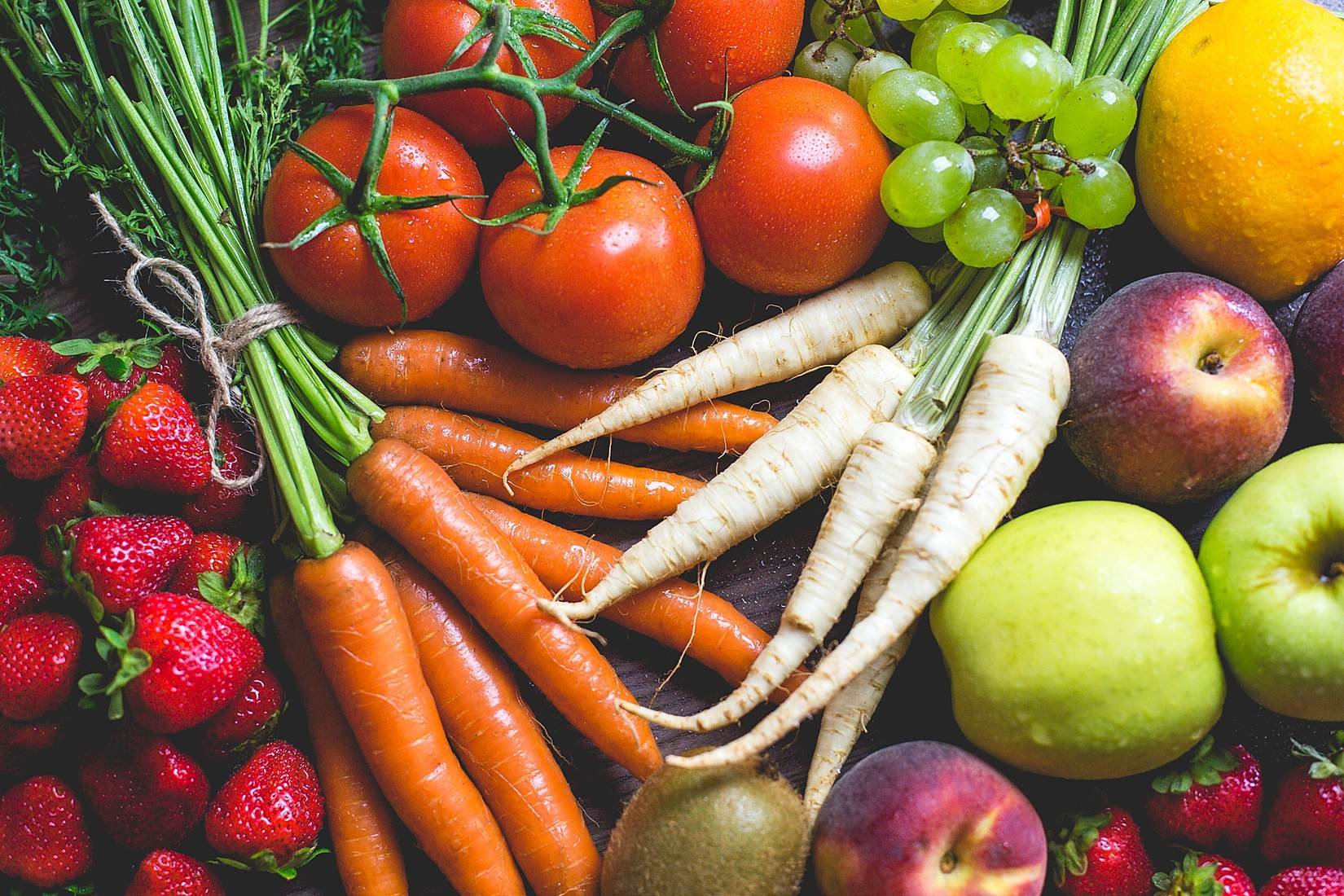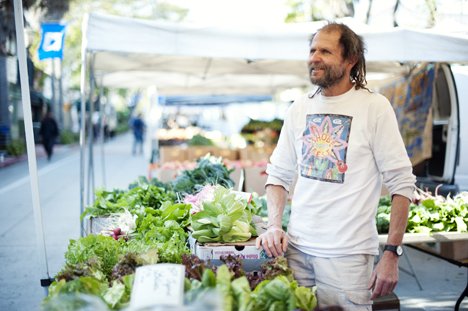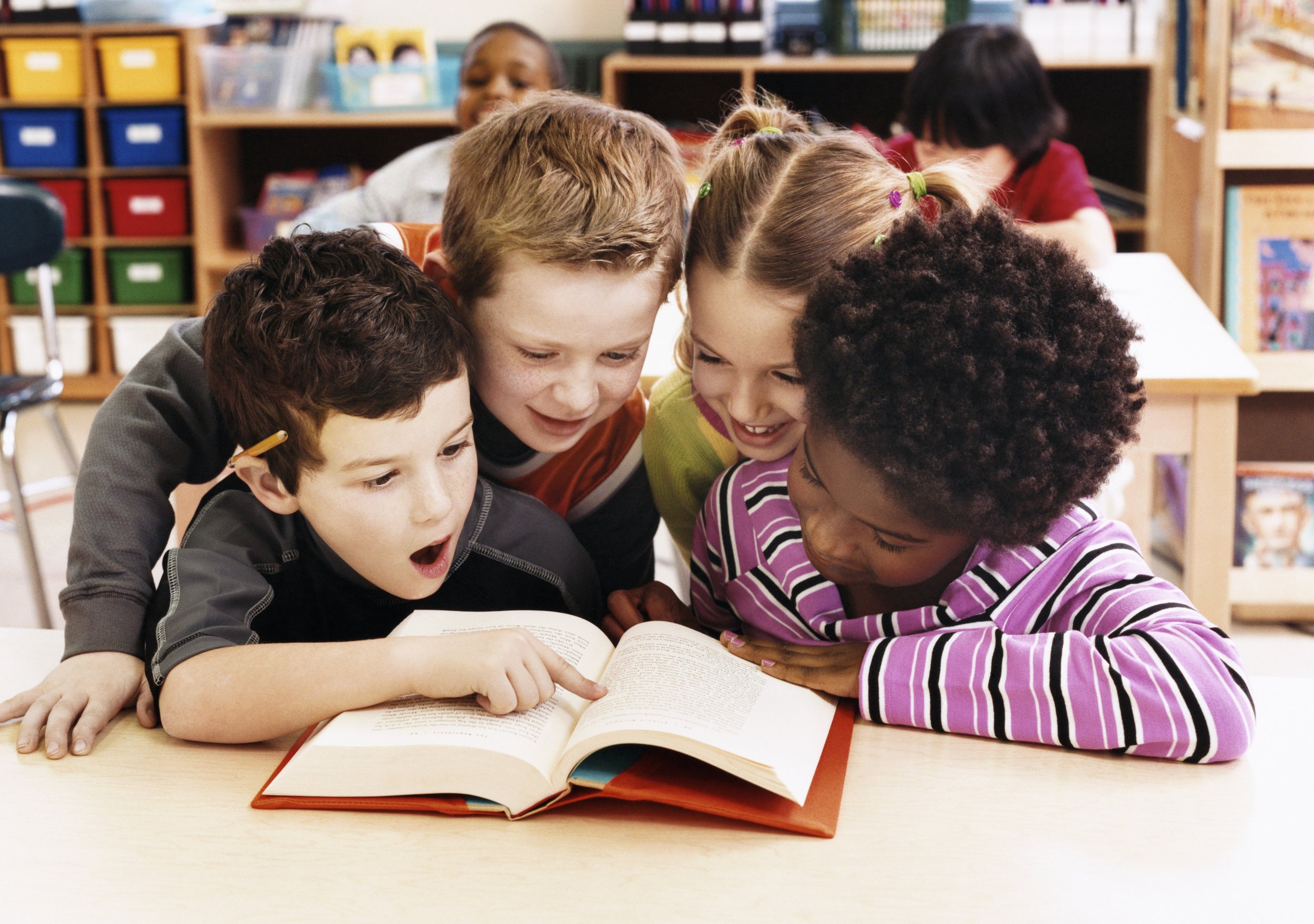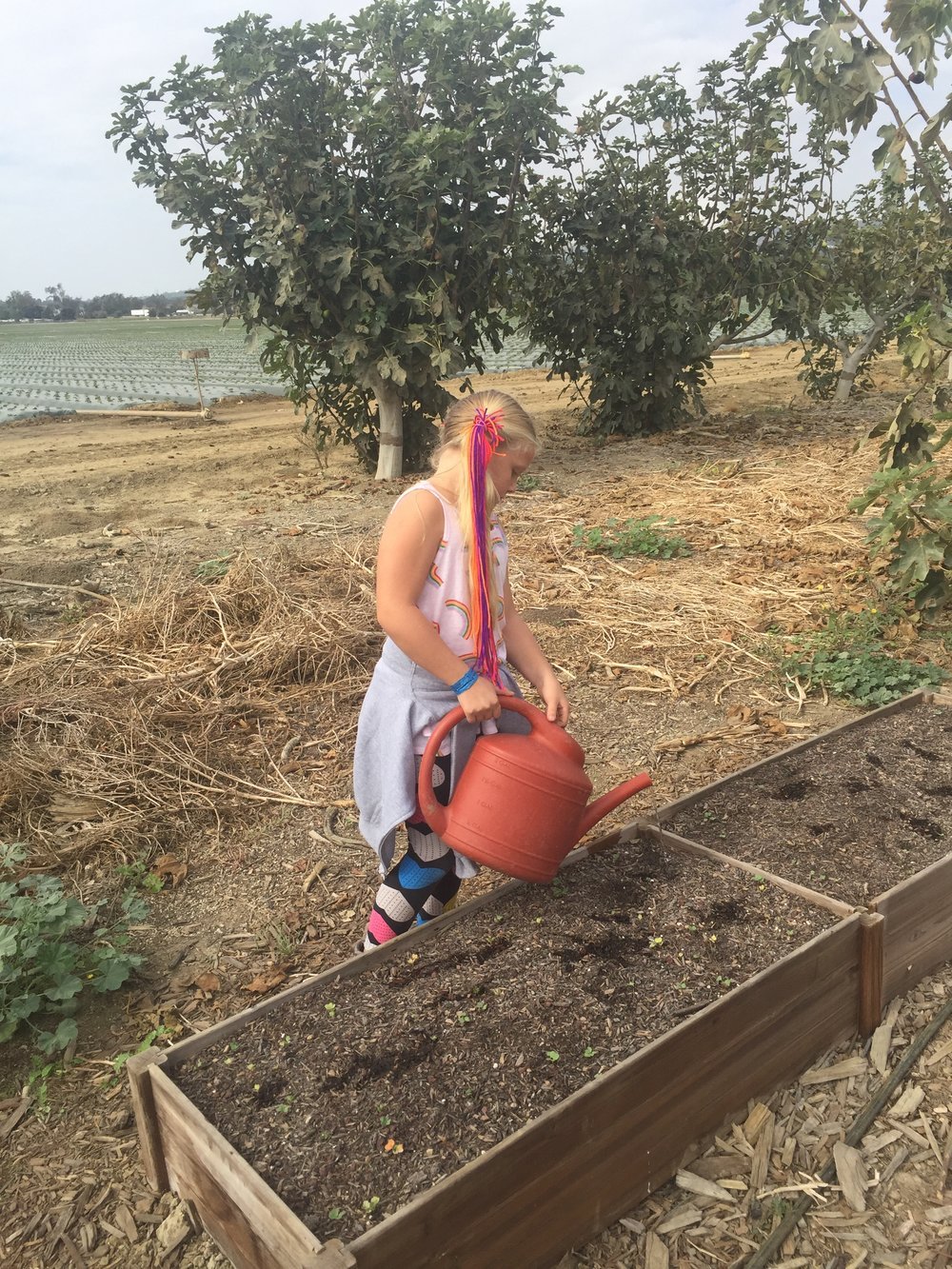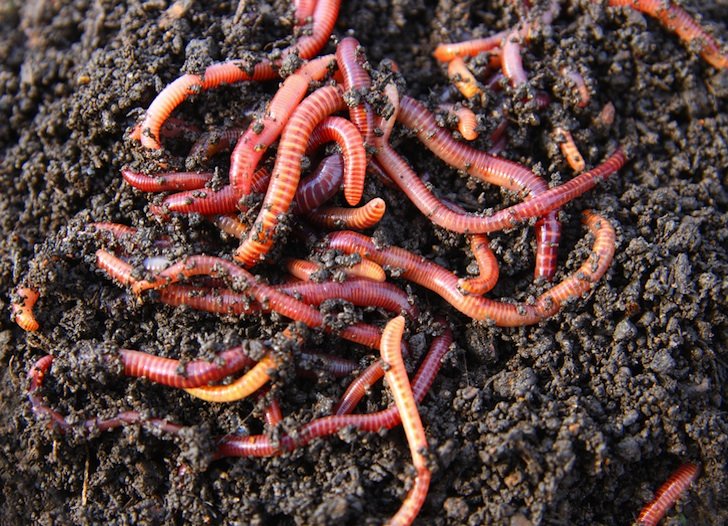
What is Farm-to-Food Lab?
Farm-to-Food Lab is a three part educational experience, including a field trip to a working farm, where students learn about everything from the science of growing our food to its nutritional values and impact on our bodies. Farm-to-Food Lab is a living laboratory where students dive into water, plant, and soil science activities. The Farm-to-Food Lab Program is aligned with 3rd-grade NGSS standards and is offered free of charge to all schools, including bus reimbursements to and from our farm locations.
Available in Santa Barbara and Ventura Counties!
Field Trip Locations:
• Allan Hancock College Vineyard and Community Garden - Santa Maria, CA
• Petty Ranch - Saticoy, CA
Read our full program overview and FAQ’s here!
Scroll down to learn more and download the Farm Lab Passport HERE!
Program Mission
To build awareness of and appreciation for agriculture from farm to consumption through hands on experiential learning with an emphasis on soil science, plant science, water cycles, entomology, food systems, and nutritional science via classroom and field trip presentations.
Program Overview
Pt. 1 INTRO TO AGRICULTURE
Classroom Presentation
In this classroom presentation, we aim to establish and strengthen the young students’ connection to agriculture and our food. This presentation is the foundation in agricultural literacy, and is the first building block in our comprehensive third grade curriculum.
This 1-hour lesson includes:
Intro to SEEAG
The Food Supply Chain
Introducing the Agricultural Sciences
Field Trip Preparation
Pt. 2 FARM LAB
Venture to a local working farm where students rotate through four interactive stations, each featuring STEM-based learning objectives. This hands-on experience brings the agricultural sciences to life.
This 4.5-hour trip includes:
Plant Science: Students learn about photosynthesis and the different parts of a plant, then practice planting and caring for a seedling.
Soil Science: Students investigate what makes soil healthy by comparing different loams and discovering why certain plants grow better in one soil type over another. They also use their senses to explore soil qualities and create their own soil “Play-Doh” in a texturing activity.
Bug Science: Students head out on a bug hunt to observe insects in their natural habitats and learn to distinguish between pests and beneficial bugs. They also explore vermicomposting, meeting red wigglers up close to discover how these tiny creatures recycle food waste into nutrient-rich soil.
Water Science: Students dive into the importance of water in a farm ecosystem. They examine the water cycle, learn about groundwater extraction, and explore different irrigation systems used on farms. The lesson ends with a discussion on why water conservation is essential for agriculture.
Pt. 3 FOOD LAB
Following our classroom introduction and farm field trip, the Food Lab marks the final stage of our food journey—bringing the focus to our own bodies as part of the food system. In this interactive session, students participate in preparing a seasonal, locally sourced recipe from start to finish, gaining hands-on culinary experience while exploring the concept of “eating the rainbow” and the nutrients different foods provide.
This engaging, 1-hour presentation includes:
Hands-on preparation of a seasonal, local recipe
Education on seasonal and local eating
Taste testing and identification of local crops
Mindful eating practices
Conscious consumption and reducing food waste
Take-home resource bags featuring local produce and community-based information
The Food Lab takes place at school sites participating in our Farm-to-Food Lab program. As the final segment of our 3-part series, participating schools are required to register for and schedule all program components in sequential order.
Return to the classroom to experience the final chapter of the food supply chain journey. Here, students engage in hands-on cooking with local food while exploring its path from farm to table to compost. This interactive lesson deepens their understanding of local agriculture, its impact on community health and the economy, and the essential role of food in nutrition and wellness.
Check out Youth Wellness Initiative webpage for more information and resources.
Bring Farm Lab home with these curated resources!
THE JOURNEY OF OUR FOOD PASSPORT
PHOTOSYNTHESIS
VENTURA COUNTY FARMERS MARKETS
RECOMMENDED READING
SUPERB SOIL
WORD SEARCH
HELPING OUT THE
LITTLE GUYS





